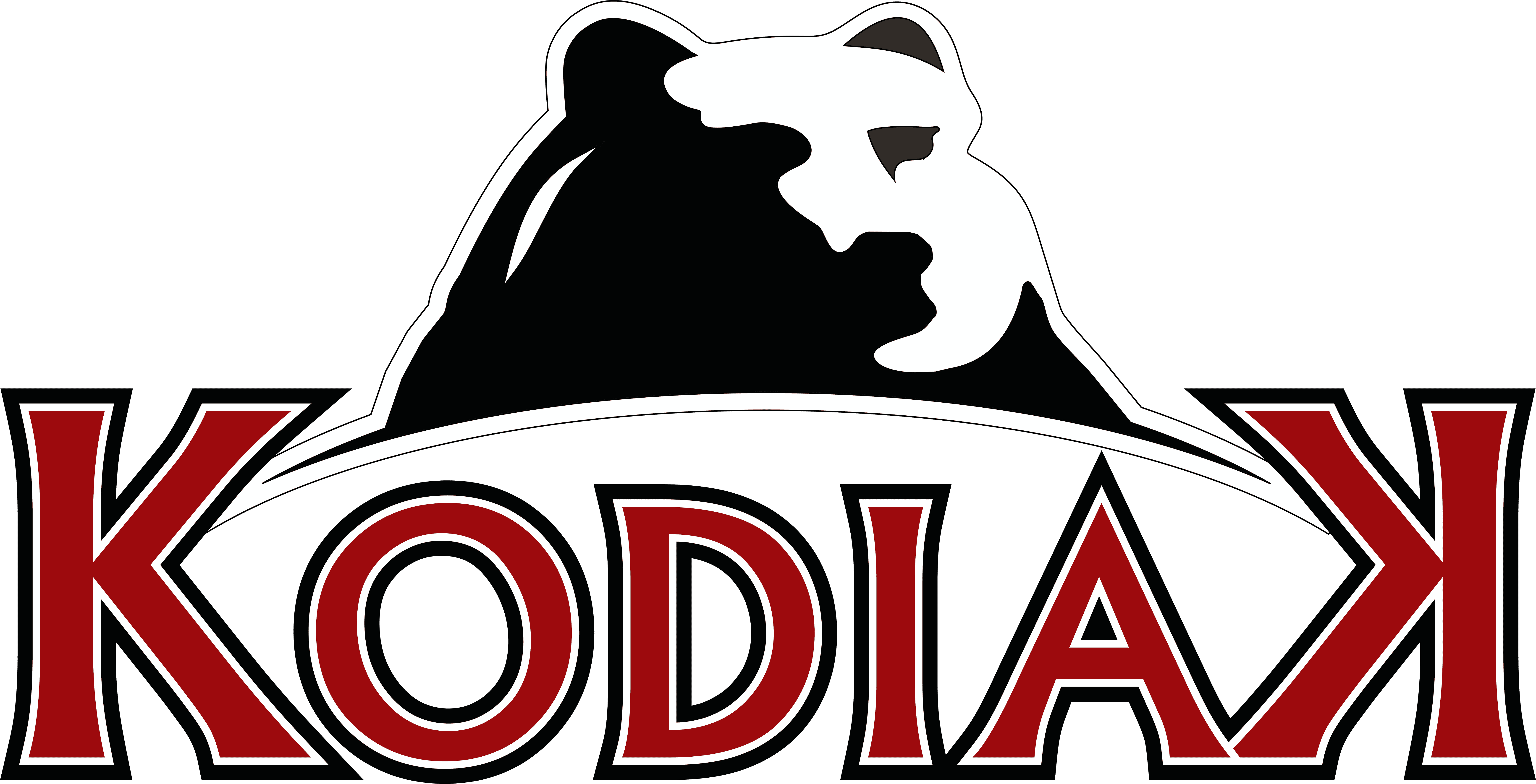Industrial facilities have unique roofing needs, from large surface areas to extreme exposure to weather and equipment. Choosing the right industrial roofing system is key to maintaining long-term performance, safety, and budget efficiency. In this guide, we’ll walk through the most common types of industrial roofing systems, key factors to consider when selecting a system, and how Kodiak Roofing & Waterproofing can help.
Understanding Industrial Roofing
Industrial roofing systems are built to handle demanding conditions. More than just covering a building, they help regulate temperature, resist damage, and protect assets. Given the scale and complexity of industrial properties, they’re often designed with durability and efficiency in mind.
The right roofing system depends on many factors: climate, building size, budget, maintenance requirements, and even the type of industry inside. Understanding your options is the first step in making the best choice for your facility.
Common Types of Industrial Roofing Systems
There is no one-size-fits-all approach to industrial roofing. Each system has advantages depending on your facility’s specific needs. Below are the most common types in use today.
Metal Roofing Systems
Metal roofing is a popular choice for industrial facilities due to its strength and longevity. It often comes in standing seam or corrugated panel designs.
Metal roofs are known for:
- Exceptional durability, often lasting 40+ years
- Resistance to fire, wind, and extreme weather
- Reflectivity that helps reduce cooling costs
However, metal roofing can be more expensive upfront and may require additional insulation to manage interior temperature. It’s ideal for warehouses, factories, and facilities in areas with frequent storms.
Single-Ply Roofing Systems
Single-ply membranes like TPO, EPDM, and PVC are lightweight and efficient options for flat or low-slope industrial roofs. These systems consist of a single membrane sheet, usually installed in large rolls.
- TPO (Thermoplastic Polyolefin): Reflective, energy-efficient, and weldable seams.
- EPDM (Ethylene Propylene Diene Monomer): Rubber-like, flexible, and highly resistant to UV and ozone.
- PVC (Polyvinyl Chloride): Durable, chemical-resistant, and great for facilities with grease or oil exposure.
Single-ply systems are cost-effective and easy to install. They work well in climates with variable temperatures and are common in distribution centers and manufacturing plants.
Built-Up Roofing (BUR)
BUR systems have been used for over a century and involve layering bitumen and reinforcing fabric, then topping it with gravel or a reflective coating.
Key benefits include:
- Redundancy with multiple layers
- Excellent waterproofing
- Long-term value with proper maintenance
These roofs are heavier and take longer to install, but are perfect for facilities where durability is a top priority.
Modified Bitumen Roofing
Modified bitumen roofs are similar to BUR systems but incorporate polymer-modified asphalt for improved flexibility and performance.
They are:
- Durable and weather-resistant
- Easy to repair
- Compatible with both torch-down and cold-applied applications
This system is a good option for industrial facilities needing a balance of durability and ease of maintenance.
Green and Eco-Friendly Roofs
While less common in traditional industrial settings, some businesses are moving toward green or eco-roof options. These systems can include vegetative layers or solar panel integration to improve energy performance.
Benefits include:
- Enhanced insulation and reduced heat islands
- Opportunities for LEED certification
- Improved stormwater management
These systems may require structural reinforcement and ongoing care but can support environmental goals and employee well-being.
Protect your industrial facility with a roofing system from Kodiak Roofing.
Key Decision Factors When Choosing an Industrial Roofing System
With so many options, how do you choose the right one? These key decision factors can help guide your selection.
Durability
Industrial roofs must endure harsh conditions. Consider how well a system resists wind, chemicals, UV exposure, and temperature fluctuations. Metal and BUR systems are particularly durable, while single-ply systems offer good performance with lower weight.
Cost and Budget
Cost considerations include more than the installation price. Evaluate long-term costs like maintenance, energy savings, and expected lifespan. A slightly higher upfront investment in a durable system could save money in the long run.
Energy Efficiency
Cool roofing materials like TPO and metal reflect sunlight and reduce energy bills. Reflective systems can have a major impact if your facility consumes a lot of energy or is in a hot climate.
Maintenance Requirements
Ask about the level of upkeep each system requires. Industrial roof maintenance plans can extend the life of your roof, but some materials need more frequent attention. BUR and modified bitumen are durable but may require regular inspections. Single-ply membranes are easier to monitor but more vulnerable to punctures.
Facility Type and Usage
Does your building house sensitive equipment, chemicals, or food products? Choose a system resistant to exposure, moisture, or contamination. For example, PVC is ideal for restaurants or industrial kitchens with grease exhaust systems.
Combining System Types
In some cases, combining systems makes sense. For instance, a metal roof may be paired with PVC membranes around HVAC units to protect against leaks and ensure energy efficiency.
Work with a qualified roofing partner to design a hybrid system tailored to your specific needs.
Signs You May Need Industrial Roof Repair or Replacement
Even the best roofing system requires attention over time. Knowing when to act can save thousands in emergency repairs.
Look for these signs that your roof may need industrial roof repair:
- Water stains or active leaks
- Sagging areas or ponding water
- Cracks, blisters, or membrane shrinkage
- Rust on metal panels or fasteners
- Increased energy bills from insulation failure
An annual inspection by a commercial roofing expert can catch problems early and keep your facility protected.
Choosing the Right Roofing Partner
Selecting the right contractor is just as important as choosing the right system. An experienced industrial roofing provider can assess your facility’s needs, recommend appropriate systems, and carry out installation or repairs with precision.
Look for a partner that offers:
- Professional inspections and condition assessments
- Tailored maintenance programs
- Expertise in a range of industrial roofing systems
A qualified team can help extend your roof’s lifespan and minimize operational disruptions with proactive planning and reliable workmanship.
Get the Best Roof for Your Industrial Facility With Kodiak
At Kodiak Roofing & Waterproofing, we believe your industrial roof should be as strong and reliable as your operations. Whether you’re considering a new installation or looking to upgrade an aging system, we’re ready to guide you through the options and deliver a solution that fits your needs. Contact us today for an inspection or project consultation.

